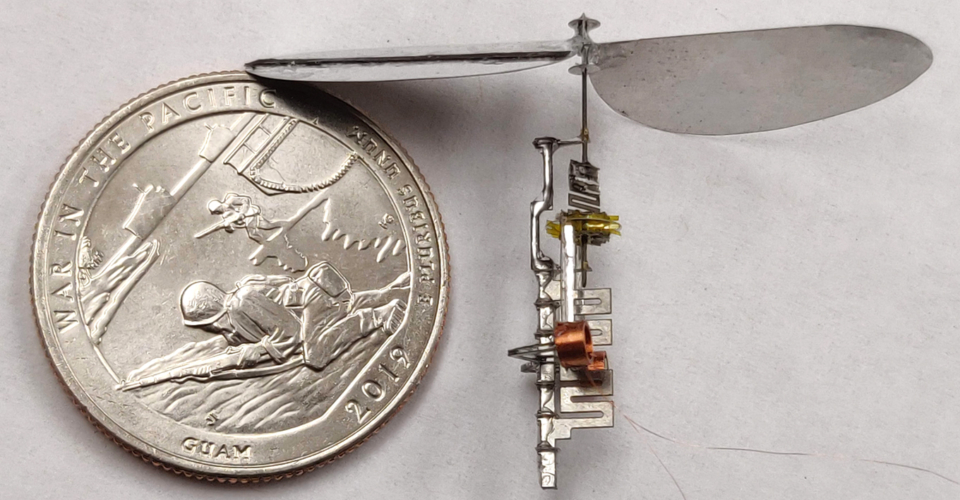UC Berkeley-led team receives $8.4M for AI-based approaches to cyber-physical systems
UC Berkeley researchers are joining a new four-year program by the Defense Advanced Research Projects Agency (DARPA) to develop artificial intelligence (AI)-based approaches that partner with human intelligence to perform “correct-by-construction” design for cyber-physical systems, which integrate computation with physical processes.
Called “Symbiotic Design of Cyber-Physical Systems (CPS),” the UC team has been granted $8.4M to enhance design innovation, as well as reduce the time required for CPS inception to deployment from years to months. Design and deployment of CPS are instrumental to current and future defense mission needs, including unmanned vehicles, weapon systems and mission platforms, as well as to broader societal applications in agriculture, aeronautics, building design, civil infrastructure, energy, environmental quality, healthcare and personalized medicine, manufacturing and transportation.
Overseen by Sanjit Seshia, professor of electrical engineering and computer sciences (EECS), the eight-person team comprises EECS professors Prabal Dutta, Björn Hartmann, Alberto Sangiovanni-Vincentelli and Claire Tomlin, as well as Shankar Sastry, professor of EECS, mechanical engineering and bioengineering. The project team also includes Berkeley Engineering alumni Ankur Mehta, assistant professor of electrical and computer engineering at UCLA, and Daniel Fremont, assistant professor of computer science and engineering at UC Santa Cruz.
The Berkeley project, LOGiCS, (Learning-Based Oracle-Guided Compositional Symbiotic Design of CPS) proposes a novel approach that blends AI and machine learning with guidance from human and computational oracles to perform compositional design of CPS such as autonomous vehicles that operate on the ground, in the air and in water to achieve complex missions.
“Our primary role is to develop algorithms, formalisms and software for use in the design of CPS,” said Seshia. “These techniques allow designers to represent large, complex design spaces; efficiently search those spaces for safe, high-performance designs; and compose multiple components spanning very different domains — structural, mechanical, electrical and computational.”
In a correct-by-construction approach, the engineer builds a mathematical model of the design before any prototype is produced. That model is then used to reason about the proposed solution, ensuring that all functionality and behavior will be achieved. Verification and testing is still performed, but it is built into the correct-by-construction process rather than being applied after the design is complete.
“A key innovation will be to develop approaches that augment human designers with state-of-the-art artificial intelligence and machine learning techniques while providing strong, provable guarantees of correctness and performance,” said Seshia.


